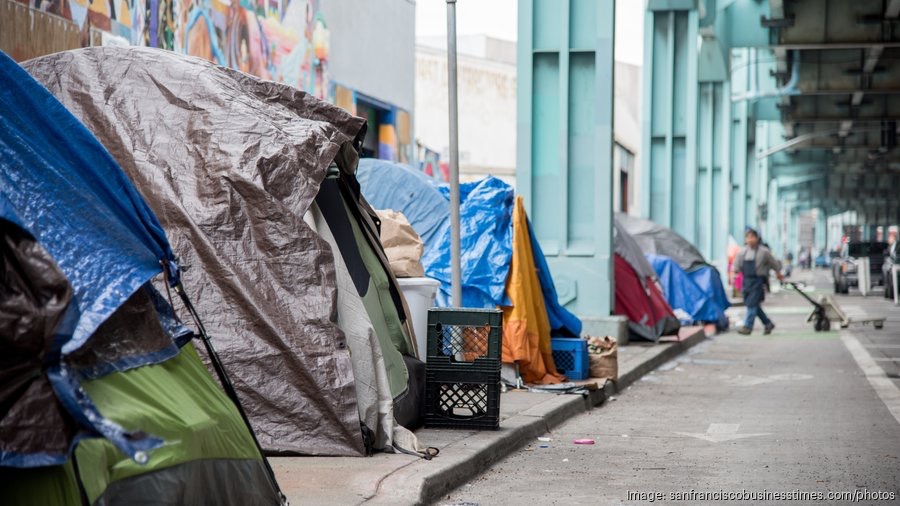
Measure D: A Lifeline for Affordable Housing Amid South Bay's Growing Crisis
With the South Bay facing an increasingly severe shortage of affordable housing, measure D has become a potentially pivotal issue in the 2024 California statewide election.
Measure D is centered on raising taxes to finance affordable housing developments and give low-income households financial support. Many residents of the South Bay may be greatly impacted by the proposal, particularly those nearing eviction because of the rapidly rising cost of housing and rent.
The Bay Area has long been among the most costly in the nation. Gradual increases in rent and real estate value have resulted in many people no longer being able to afford secure housing, driving out long-term residents. In Santa Clara County, where the average rent has risen by more than 40% over the last ten years, according to the Santa Clara County Housing Authority. Homelessness has also increased as a result of housing constraints, as the demand for shelters and other support services has outpaced reality. The Bay Area Council Economic Institute reported that between 2017 and 2020, the Bay Area’s homeless population grew by 6,878 individuals to a total of 35,118
Measure D, calls for a tax hike that would provide millions of dollars for programs aimed at promoting affordable housing. The aforementioned funds would be utilized to construct new affordable housing units, rent subsidies for low-income families, and down payment assistance for homes. According to the measure's mostly democrat supporters, such as California Governor Gavin Newsom and San Francisco Mayor London Nicole Breed, it is an essential step in resolving the housing problem and preventing low-income citizens from being evicted from their neighborhoods.
Maria Hernandez, an advocate with Sacred Heart Community Service, a nonprofit organization that addresses housing concerns in San Jose, asserts that there is no doubt that we are experiencing a housing emergency. "Measure D is our best chance to ensure that people can remain in their homes and that everyone has greater access to affordable housing,” she said.
Another group that backs Measure D, Silicon Valley Rising, claims that the measure may house thousands of low-income locals who would otherwise be displaced. "This is about equity and fairness," says the director of communication, Zeenab Aneez. "We can't keep letting our most vulnerable neighbors suffer the most from this crisis; everyone deserves a place to live."
Measure D seeks to address the South Bay region's affordable housing unit deficit, according to primary data from the California Department of Housing and Community Development. Furthermore, the region's median household income has not kept up with housing expenses, according to data from the U.S. Census Bureau, making it increasingly difficult for working-class families to afford stable housing.
The stakes are high for locals like Sarah Ramirez, a single mother who was recently forced out of her San Jose home due to higher rent prices. "After eight years in my home, I was unable to keep up when my rent increased by $600 in a single year," she explains. "Although I currently live with friends, I'm not sure what I'll do in the long run. Perhaps those like me won't have to deal with that level of uncertainty if Measure D is approved.”
Post a comment